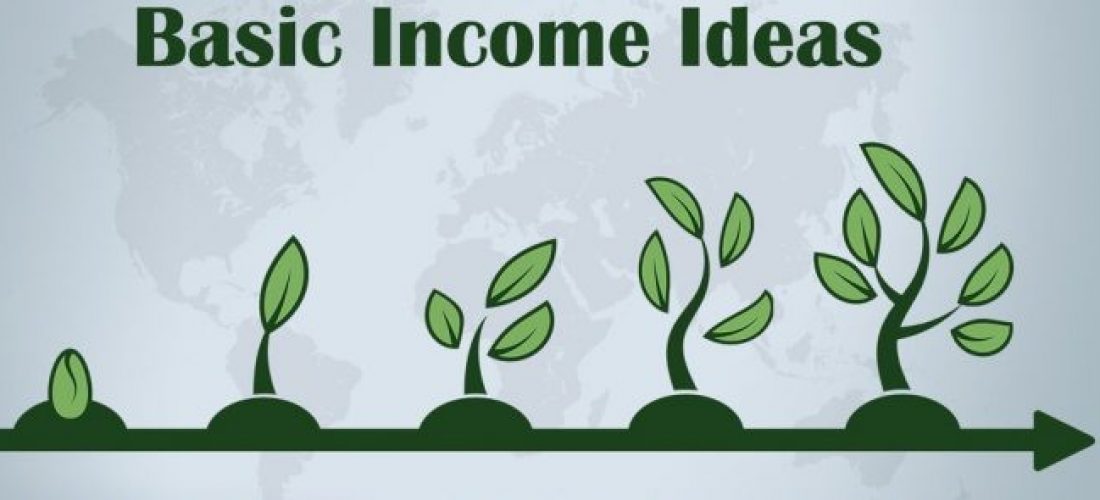Abstract
In response to recent policy trends towards linking social rights more tightly to work requirements, this article argues that those sharing Rawlsian commitments have good reasons to prefer a radical-liberal policy agenda with a universal basic income at its core. Compared to its main rivals in present policy debates, the politics of basic income has greater potential to promote the economic life prospects of the least advantaged in a way that provides a robust protection for the bases of social recognition and non-subservience. The argument seeks to establish that these concerns should be ascribed priority in the most plausible balancing of Rawlsian objectives and that doing so generates a strong case for basic income. As recent arguments for basic income have suggested that Rawls’ theory is insufficient to make the case for such a reform, this analysis also demonstrates that a powerful argument for basic income can be built on Rawlsian foundations alone.
Critical Review of International Social and Political Philosophy Vol. 13, No. 4, December 2010, 495–516
Clicca qui per leggere l’articolo in pdf (in inglese)- click here to read the article







